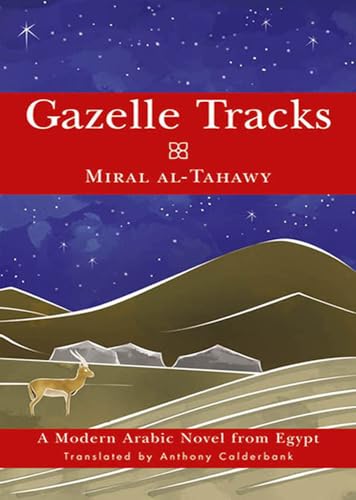

In the nineteenth century, both French and British observers commented on the unique position of the Bedouin in Egyptian society. Thus the Bedouin of Egypt’s Eastern Desert have been in contact with the peasants of the Nile Delta for many centuries. Long before the Arab armies that brought Islam to Egypt with Amr Ibn al-Aas, tribes had migrated from the deserts of the Arabian Peninsula and Greater Sham (Syria, Jordan, and Palestine) overland through Sinai, or across the Red Sea, to the mainland of Africa. Printed in Egypt Translator’s Introductionīedouin have been coming into Egypt’s Eastern Desert for as long as anyone can remember.

Otherwise, without the prior written permission of the publisher. Means, electronic, mechanical, photocopying, recording, or Stored in a retrieval system, or transmitted in any form or by any

No part of this publication may be reproduced, The extra $50,000 normally given to the winner was split equally between Achaari and Alem.The Tent Mirai al-Tahawy THE TENT A Novel Translated by Anthony Calderbank The American University in Cairo Pressįirst published in Arabic in 1996 as al-Khibaa’Īll rights reserved. Winners were chosen from a shortlist of six authors, all of whom received $10,000. The honor is also supported by the Booker Prize Foundation, the charity behind the Man Booker Prize for English language fiction, and by the Abu Dhabi International Book Fair. He shared the prize with Saudi Arabia’s Raja Alem, whose “The Dove’s Necklace,” explores the “sordid underbelly” of life in the holy city of Mecca, according to organizers of the award which is funded by the Emirates Foundation for Philanthropy. Morocco’s Mohammed Achaari won for “The Arch and the Butterfly,” in which a father receives a letter from al Qaeda informing him that his son, who he believed was studying in Paris, died fighting Western forces in Afghanistan. LONDON (Reuters) - A Moroccan and a Saudi author shared the 2011 International Prize for Arabic Fiction on Monday, the first time the annual award has been given jointly to two people in its four-year history.


 0 kommentar(er)
0 kommentar(er)
